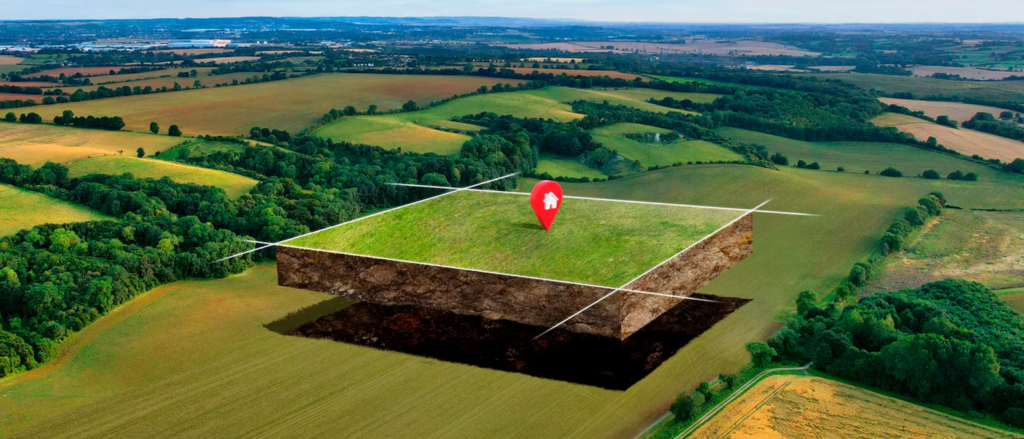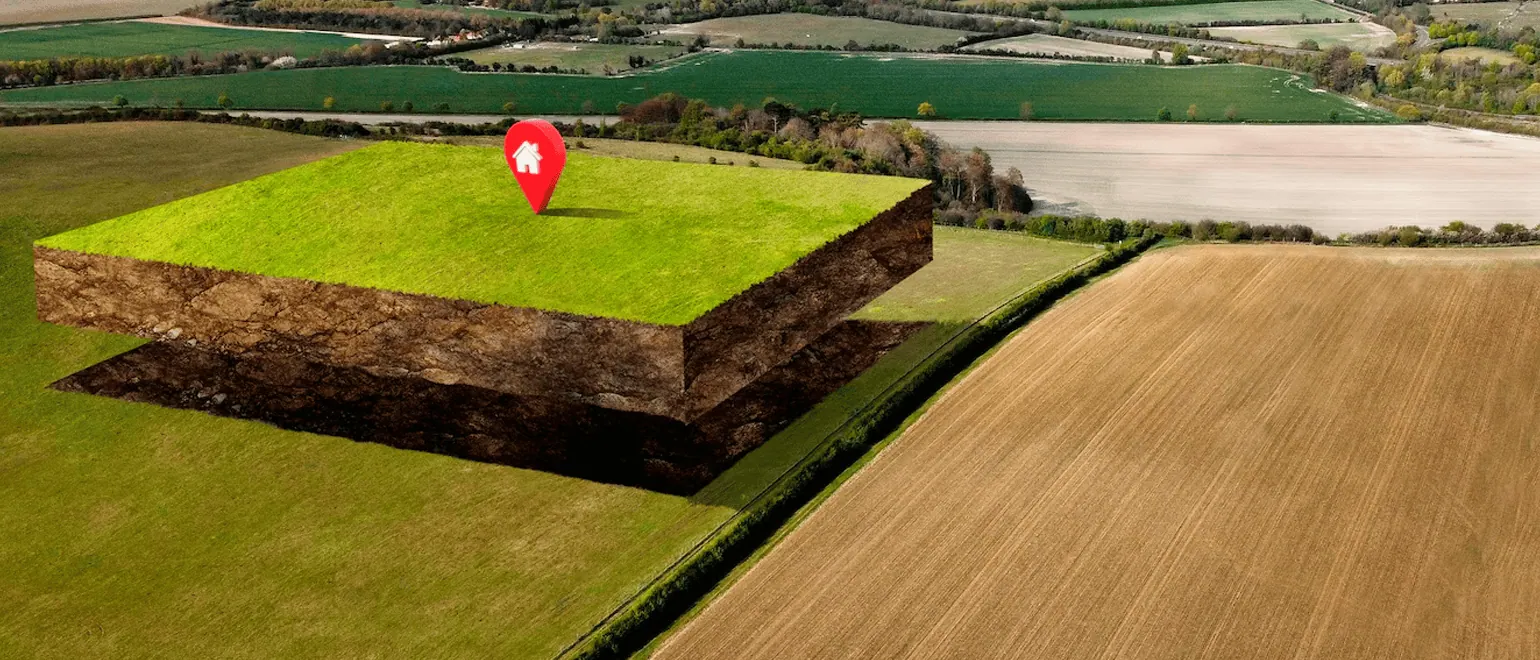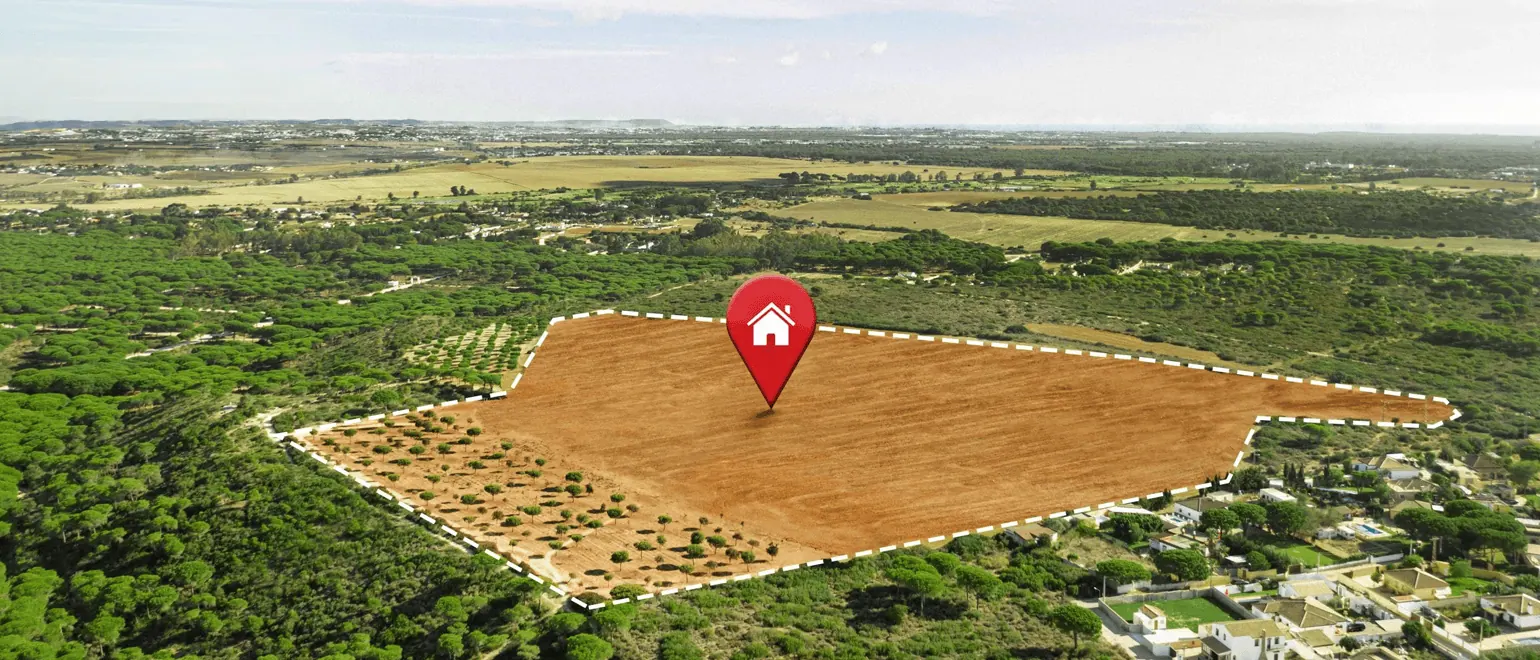
What is Zoning in Real Estate?

Types of Land Zoning
- Residential Zoning: For homes, including single-family residences, apartments, and condos. Restrictions often include home-based business limits and lot sizes.
- Commercial Zoning: For businesses such as offices, retail stores, and restaurants. These zones often include rules about parking, signage, and operating hours.
- Industrial Zoning: For factories, warehouses, and other facilities that may produce noise or pollution. Typically separate from residential areas.
- Agricultural Zoning: For farmland and related activities, with restrictions to preserve rural character and prevent overdevelopment.
- Mixed-Use Zoning: Combines residential, commercial, and sometimes industrial uses to create walkable, multi-functional communities.
Zoning Ordinances: The Rules That Guide Land Use

- Building Height and Size: Ensuring structures fit the area’s character.
- Density: Regulating how many units can exist per acre.
- Setbacks: Defining how far buildings must be from property lines or roads.
- Land Use: Specifying activities allowed on a property, such as residential living, farming, or retail.
Harvest the Right Deer
Hunting, as a form of culling, is essential in maintaining healthy wildlife populations and should adhere to a strategic management plan. The Texas Parks and Wildlife publication, White-Tailed Deer Management in the Rolling Plains of Texas, provides valuable insights into effective deer management practices. A well-defined management plan starts with clear goals, such as maintaining herd health, providing hunting opportunities, or running a hunting enterprise.
Effective deer management involves regularly collecting and analyzing survey data and harvest records. This data includes deer numbers, age structure, sex ratio, nutrition, and productivity, enabling managers to make informed decisions about harvest strategies. Such strategies help achieve management goals and ensure sustainable herd health.
The number of deer harvested each year depends on various factors, including habitat carrying capacity, fawn production and survival, adult mortality, and the buck-to-doe ratio. Managing mature bucks with quality antlers requires allowing bucks to reach 5½ to 6½ years of age, typically involving a conservative annual harvest of 15 to 20% of the buck segment. In contrast, areas with high deer densities may necessitate a more liberal doe harvest of 20 to 30%.
Quality habitat management is vital for producing mature bucks with impressive antlers, requiring a balance between forage supply and deer numbers. Maintaining an appropriate buck-to-doe ratio, generally one to two in high-density areas and one to three in lower-density areas, ensures a healthy, sustainable population.
Ethical hunters and wildlife managers prioritize clean kills, ensuring instant death and minimizing suffering. Moreover, hunting fees support habitat conservation efforts, contributing to broader ecological benefits.
The Role of LandLeader
For those interested in responsible land management and hunting, platforms like LandLeader provide invaluable resources. LandLeader specializes in marketing rural properties, connecting buyers with ideal lands for hunting, agriculture, and conservation. LandLeader plays a crucial role in promoting sustainable wildlife practices and ethical hunting by facilitating the acquisition and management of these lands.
In conclusion, while hunting can be a contentious issue, it is important to understand its role in wildlife management. Ethical hunting, guided by well-defined management plans, supports healthy wildlife populations and sustainable ecosystems. For more information on sustainable land management and hunting opportunities, visit LandLeader, your trusted resource for rural land marketing.